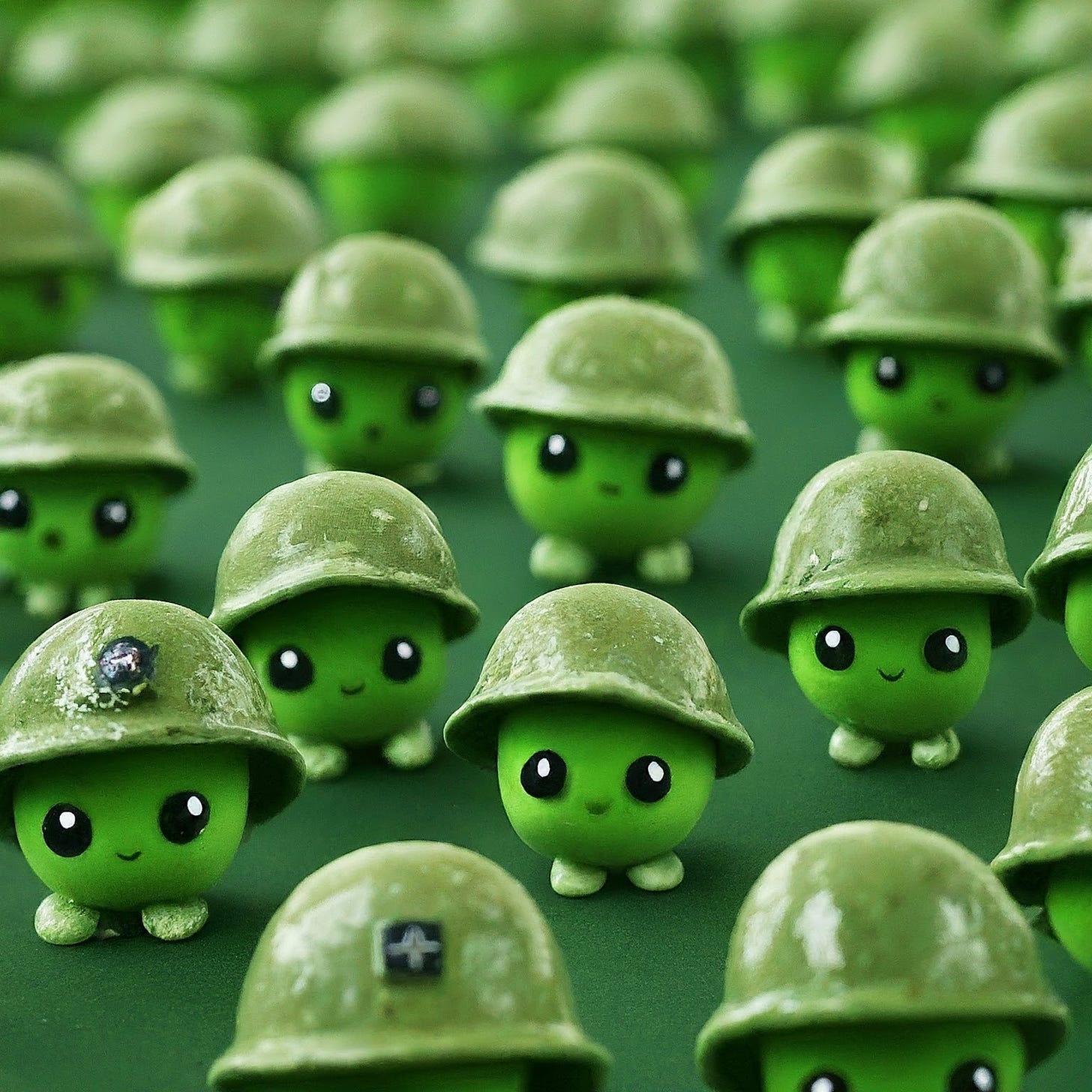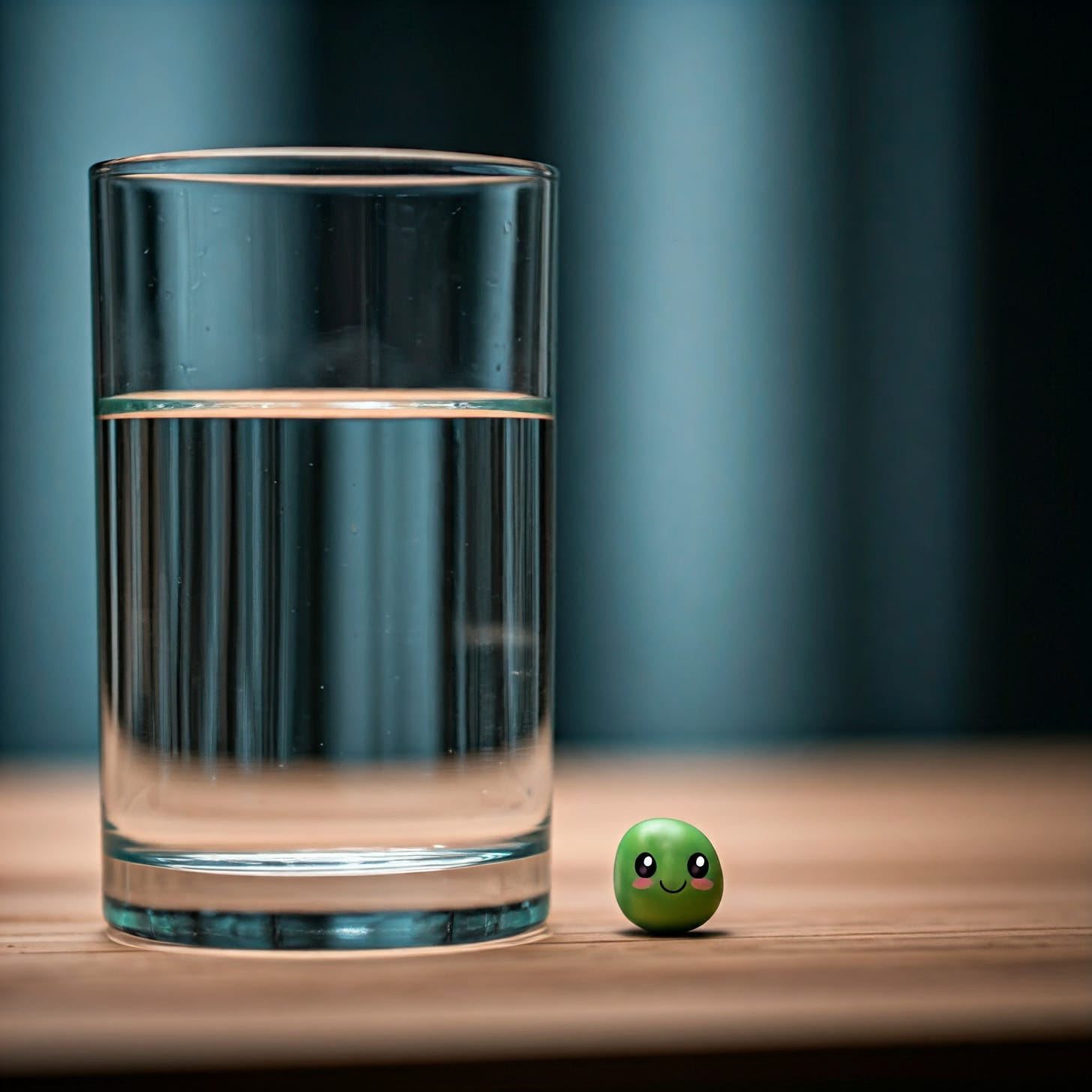Personal growth and the power of “tell me”
Tip: Use "Tell me" to transform any question into an open-ended one, promoting deeper and more meaningful conversation.
If you’ve ever interviewed for a job, you’ve probably faced this common but intimidating question:
“Tell me about yourself.”
It’s a broad, open-ended question that can feel overwhelming because it hands over control of the conversation to you. But there’s a reason interviewers love it: open questions encourage more detailed, thoughtful responses.
In a recent TED Talk, expert negotiator Alex Carter explains the power of starting questions with “Tell me.” Why? Because any question that begins with those words becomes open-ended, inviting the other person to share more.
Whether you're connecting with a spouse, making sales at work, or understanding your child’s needs, Carter emphasizes that genuine curiosity strengthens connections. And one of the simplest ways to ask open-ended questions is to use “Tell me.”
For example:
Instead of “How was your honeymoon?” ask, “Tell me about your honeymoon.”
Instead of “What do you like about your job?” ask, “Tell me about your job.”
Instead of “What’s your pet’s name?” ask, “Tell me about your pet.”
This simple technique can lead to more meaningful conversations.
If you want to hear Alex Carter discuss this topic further, check out her TED Talk here:
Professional development and the power of your personal "brand"
Tip: Identify your personal brand by describing yourself in 3 words and 1 image.
For many, the idea of developing a personal "brand" might seem self-indulgent or even arrogant. You might think the practice is reserved for someone who wears overpriced suits, sports frosted hair tips, and listens exclusively to Nickelback (in all fairness, I love Nickelback).
But let’s rethink this. I believe each of us has unique qualities that make us stand out. The problem is, many of us aren’t fully aware of what those traits are. That’s where the exercise of developing a personal brand can be helpful.
Think of all the brands you know. I bet you can quickly describe what each brand is all about using just a few words. This is because companies choose specific, targeted language to clearly define their identity and reach their audience. We can use this same approach to define our own personal brand.
I recently interviewed Dr. Andrew Lee, a neuro-ophthalmologist at Houston Methodist. For years he has helped residency applicants prepare for interviews. Dr. Lee emphasizes the value of having a clear, authentic brand by being able to describe yourself in just a few words.
Here’s a simple exercise: Describe your personal brand in 3 words and 1 image.
For example, my brand is:
Three words – Genuine, enthusiastic, creative
Image – A smile
The best part? Your brand doesn’t have to reflect who you are right now—it can be who you aspire to be, as long as it’s authentic. And it’s okay if you can’t perfectly describe your brand right now - it may take some time.
Once you’ve identified your brand, consider how it can guide your professional and personal goals. You may find that how you present yourself and interact with others will naturally shift into alignment.
While Dr. Lee talks about this in the context of medical school and residency interviews, his message is applicable to all of us. Developing a strong, personal brand can benefit any kind of applicant or professional.
If you’d like to hear our full conversation, you can listen to the podcast here:
Physical Health and the Power of… Hydration?
Tip: Boost your morning focus with a glass of water.
The topic of hydration feels overdone, right? We’ve all heard people proudly announce how many gallons of water they've consumed, assuming that more water equals better health.
While I applaud their efforts to make healthy choices—water is definitely a better option than soda or alcohol—I think there are some common misconceptions about hydration. Many overlook the fact that healthy kidneys are perfectly capable of maintaining fluid balance in the body, and the benefits of constant hydration may be overhyped by the media and your local health guru.
Just my two cents.
That being said, research shows varying levels of cognitive impairment following periods of dehydration.¹
One interesting study looked at motor-cognitive impairment in collegiate golfers who were mildly dehydrated after 12 hours without water.² The results? The golfers hit the ball significantly shorter (motor impairment) and made poorer distance judgments (cognitive impairment). These findings align with other studies that show a consistent association between dehydration and impaired performance in various sports.
If the results of this study are extrapolated over a 70-year lifetime, delaying rehydration by just one hour every morning after a 12-hour period of dehydration might add up to over 1000 days of mildly impaired cognitive and motor performance — at least in terms of your golf game.
Of course, this study focused on a very specific group of people performing a very specific, motor-cognitively complex task, so we can’t draw broad conclusions. I’m not saying that drinking water early in the morning will suddenly turn you into Tiger Woods or Albert Einstein.
However, it might be a useful reminder of the benefits of drinking water after you’ve been dehydrated for a while—like, say, after a night’s sleep.
And really, is there any harm in starting your day off with a glass of water?
Sources:
Zhang N, Du SM, Zhang JF, Ma GS. Effects of Dehydration and Rehydration on Cognitive Performance and Mood among Male College Students in Cangzhou, China: A Self-Controlled Trial. Int J Environ Res Public Health. 2019;16(11):1891. Published 2019 May 29. doi:10.3390/ijerph16111891
Smith MF, Newell AJ, Baker MR. Effect of acute mild dehydration on cognitive-motor performance in golf. J Strength Cond Res. 2012;26(11):3075-3080. doi:10.1519/JSC.0b013e318245bea7







